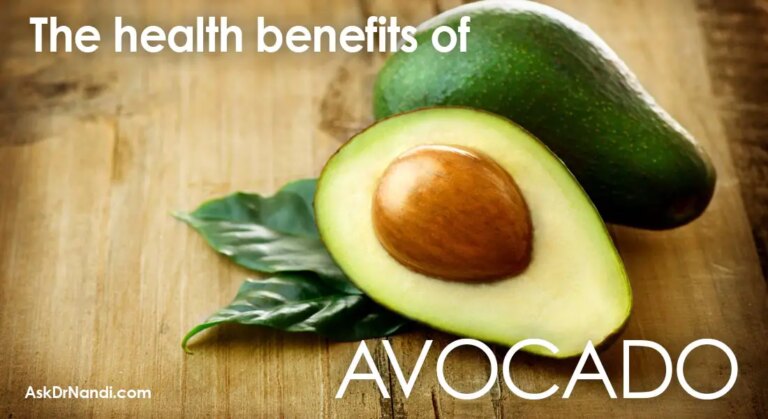Nutrition LLychees are native to China and have been grown there for over 4,000 years. In North America, it is often used to flavor beverages and dishes, while it is considered sweet in China.
Nutritional Value of Lychee or Litchi
Fresh lychee fruit contains fiber, vitamin C, and other micronutrients, such as copper, vitamin B6, and potassium. One cup (about 190 grams) has the following nutritional values:
- 125 calories
- 31.4 grams of carbohydrates
- 1.6 grams of protein
- 0.8 gram of fat
- 2.5 grams of fiber
- 136 milligrams of vitamin C (226 percent DV)
- 0.3 milligram of copper (14 percent DV)
- 0.2 milligram of vitamin B6 (10 percent DV)
- 325 milligrams of potassium (9 percent DV)
- 0.1 milligram of riboflavin (7 percent DV)
Lychee also contains various essential nutrients for the human body, including iron, selenium, zinc, and calcium.

Health Benefits of Lychee
There are many health benefits of Lychee; below are some of them.
Lychees are a Good Source of Fiber
Lychees contain a large amount of dietary fiber. This fiber helps to bulk up your stool and increase your digestive health. Added fiber aids bowel movements passing through the digestive tract smoothly. Another bonus of fiber is stimulating the peristaltic motion of the smooth small intestine muscles. As a result, food passes through your system faster. Lychee fiber also helps reduce constipation and makes nutrient absorption more efficient.
Lychee is Full of Vitamins and Other Essential Minerals
Lychees are a good source of Vitamin C, which is a primary antioxidant compound. Research has shown that lychee contains more than 100% of the daily requirement of vitamin C in a single serving. The added vitamin C helps stimulate the activity of white blood cells, which are essential to the immune system. The lychee also contains proanthocyanidins which researchers have found to have antiviral capabilities. The lychee contains a compound that helps prevent the spread of viruses. Research has shown that this compound is effective against the herpes simplex virus.
Lychee May Relieve Inflammation
Rheumatoid arthritis, inflammatory bowel disease, leaky gut syndrome, and other chronic diseases can be caused by chronic inflammation.
According to studies, lychee can help reduce inflammation and support overall health. In an in vitro investigation published in PLoS One, a flavonol-rich lychee fruit extract was found to lower the expression of genes involved in the inflammatory process. This fruit is also high in antioxidants, which are chemicals that may assist with inflammation reduction and free radical formation prevention.
Lychee May Help With High Blood Pressure
Low in sodium and high in potassium, the lychee has shown promise in the battle against high blood pressure. Studies have shown that the lychee can help with fluid balance, an essential part of metabolic functions and hypertension. Because lychees contain a lot of potassium, the fruit helps constrict blood vessels and arteries, which lowers the stress on the cardiovascular system.
Lychee May Boost Brain Function
Although animal research is prevalent, some studies suggest that lychee can improve brain function and protect cells from harm. For example, one study published in China discovered that compounds isolated from the fruit’s seeds could enhance cognitive performance and prevent neuronal damage in rats with Alzheimer’s disease.
Lychee May Neutralize Free Radicals
According to researchers, polyphenols and proanthocyanidins in lychees may be more potent than vitamin C at neutralizing free radicals. These compounds help to protect the body from disease and other ailments. Neutralizing free radicals is essential because they can cause various cancers, heart disease, premature aging, and other illnesses. Researchers have found a positive link between lychee consumption and the prevention of multiple cancers.
Lychee May Has Cancer-Fighting Properties
In vitro studies suggest that lychee can provide significant cancer prevention benefits. According to a 2017 literature review published in Nutrients, the pulp, peel, and seed of the lychee fruit all include active chemicals that can inhibit tumor development and promote cell death in cancer cells.
Lychee May Promote Hair Growth
Animal studies have shown that lychee seed oil promotes hair growth. A study found that lychee fruit extract significantly increased hair follicle depth and number when applied to mice’s skin. The study also showed that the lychee seed oil increased collagen production and other essential hair growth factors.
Lychee May Aid in Weight Loss
The phenolic compound has been studied in the lychee regarding its ability to improve circulation and help with weight loss. Perhaps its ability Studies have been done on the phenolic chemical in lychee, which may promote circulation, aid weight loss, and even protect the skin from UV rays. Copper, an essential mineral for developing red blood cells, is also found in lychee. The additional copper from lychee has been found to aid blood circulation and cell oxygenation.
References:
- Copper deficiency and heart disease: molecular basis, recent advances and current concepts – PubMed (nih.gov)
- Health effects of sodium and potassium in humans – PubMed (nih.gov)
- Fruit and vegetable intake and incidence of type 2 diabetes mellitus: systematic review and meta-analysis – PubMed (nih.gov)
- Increased consumption of fruit and vegetables for the primary prevention of cardiovascular diseases – PubMed (nih.gov)
- Fruit and vegetables and cancer risk – PubMed (nih.gov)
- Copper deficiency and heart disease: molecular basis, recent advances and current concepts – PubMed (nih.gov)
- Rutin : therapeutic potential and recent advances in drug delivery – PubMed (nih.gov)
- Phenolic profiles and antioxidant activity of litchi pulp of different cultivars cultivated in Southern China – PubMed (nih.gov)
- Health effects of sodium and potassium in humans – PubMed (nih.gov)
- Potential anticancer activity of litchi fruit pericarp extract against hepatocellular carcinoma in vitro and in vivo – PubMed (nih.gov)












 Subscribe to Ask Dr. Nandi YouTube Channel
Subscribe to Ask Dr. Nandi YouTube Channel









